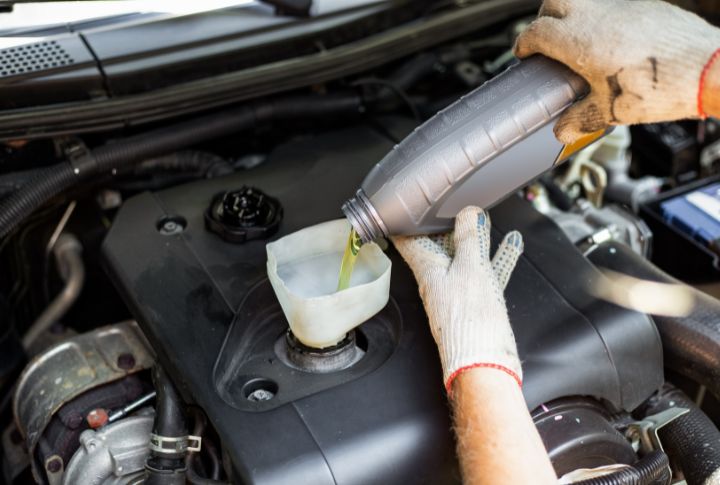
Few topics spark as much debate in automotive work as the frequency of oil changes. With the advent of inorganic oils promising extended protection and performance, the age-old question persists: How frequently should you replace synthetic oil? Let’s examine the facts and dispel the myths surrounding this important aspect of engine care.
Understand Your Vehicle

The recommended interval can vary based on your car’s make, model, and year. Refer to the owner’s manual for manufacturer-specific guidance tailored to your automobile. Familiarize yourself with your car’s needs to ensure ideal delivery and longevity.
Follow the Manufacturer’s Guidelines

Car manufacturers invest in extensive research to determine the best oiling intervals. Adhering to these recommendations ensures your machine operates at peak efficiency, maintaining its warranty validity.
Consider Driving Conditions

Heavy city traffic, frequent towing, or extreme weather conditions can accelerate oil degradation. When determining your oiling schedule, factor in these variables to adapt to your unique driving environment and habits.
Utilize Artificial Oil Benefits

Artificial oils offer superior protection against engine wear and maintain viscosity in diverse conditions, allowing for extended drain intervals compared to conventional oils. Take advantage of the oil’s durability to minimize repair frequency and costs.
Monitor Oil Life Indicators

Many modern machines are equipped with oil life monitoring systems, which analyze driving habits and powerhouse status to assess accurately when an oil replacement is necessary. Trust these advanced systems to optimize your schedule based on real-time data.
Regular Inspections are Key
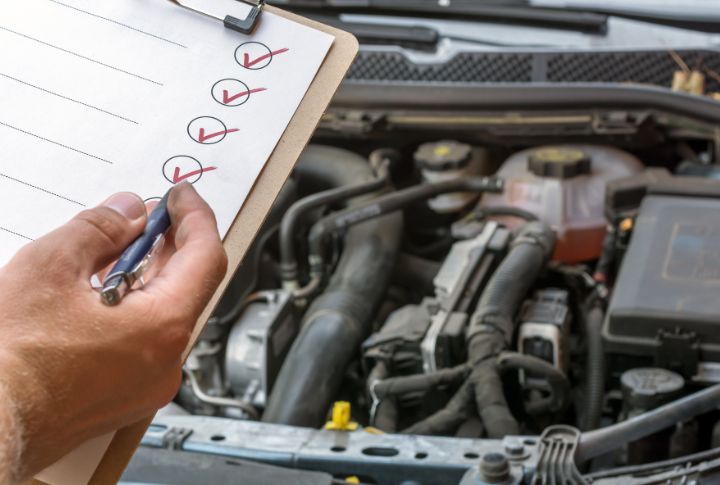
Regardless of mileage, routinely inspect your oil’s color and consistency. Dark, gritty oil indicates the need for an immediate replacement, regardless of elapsed time. Frequent visual inspections allow you to detect potential issues early and address them promptly.
Avoid Overextending Intervals
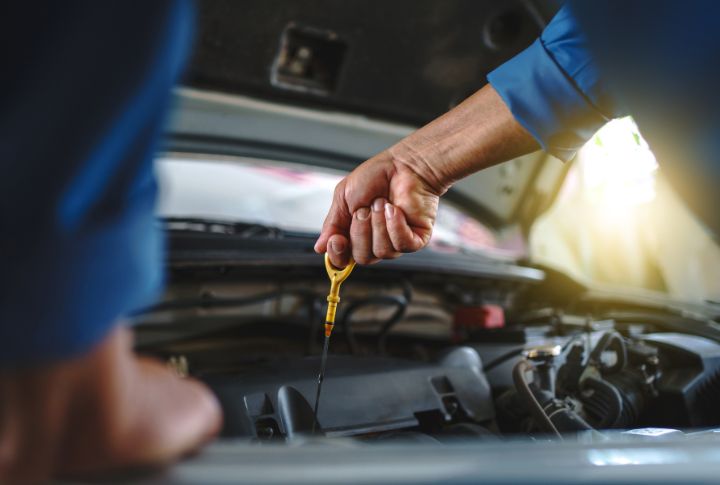
While these oils command extended service frequencies, neglecting timely renewals can compromise engine activity and longevity. To safeguard your powerhouse’s health, balance maximizing oil life and ensuring timely replacements.
Consult with a Trusted Mechanic

If you need help with your vehicle’s appropriate oiling interval, seek guidance from a qualified mechanic. Their expertise can help tailor maintenance schedules to your driving habits and ride requirements, providing peace of mind and optimal delivery.
Embrace Technological Advances

Inorganic oil formulations continue to evolve, offering even greater durability and activity. Stay informed about advancements in lubrication technology to optimize your powertrain’s health and performance, keeping abreast of the latest innovations in automotive repair.
Don’t Succumb to Myths

Despite widespread beliefs, changing this oil every 3,000 miles is often unnecessary and wasteful. Trust in scientific data and manufacturer recommendations rather than outdated practices. Consider evidence-based approaches to maintenance for cost-effective and environmentally friendly oil replacements.
Environmental Considerations
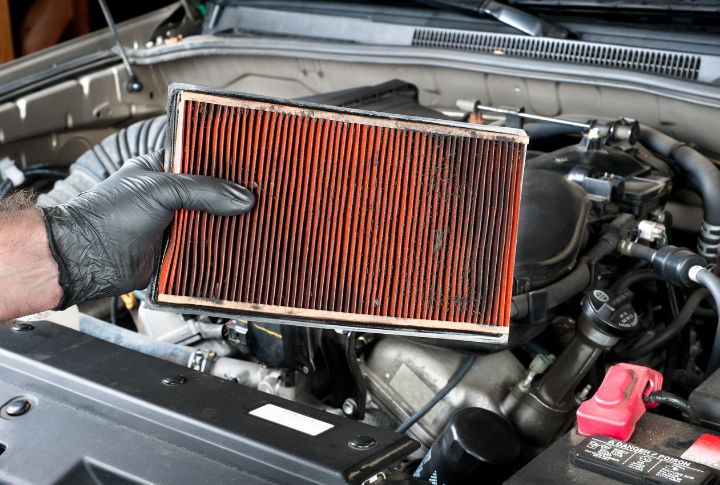
Regular oiling prevents harmful pollutants from accumulating in your engine, contributing to cleaner emissions and reduced environmental impact. By prioritizing consistent repair, you extend your car’s lifespan and reduce your ecological footprint, promoting a greener automotive industry.
Budget for Service Costs

While synthetic oiling may occur less frequently, budget for this essential task to ensure your machine’s long-term reliability, allocate funds for routine oil renewal to prevent unexpected expenses, and maintain consistent upkeep of your car.
DIY vs. Professional Service

Whether you perform oil replacement yourself or entrust the task to professionals, prioritize quality products and adhere to recommended procedures for optimal results. Whether you tackle the job solo or delegate it to professionals, prioritize precision and attention to detail for reliable and effective oil renewal.
Educate Yourself

Take the initiative to learn about your motorcar’s care requirements and equip yourself to make informed decisions regarding oiling schedules. By learning about the best practices and staying informed about industry developments, you become an active participant in preserving your mobile’s performance and longevity.
Embrace Preventive Maintenance
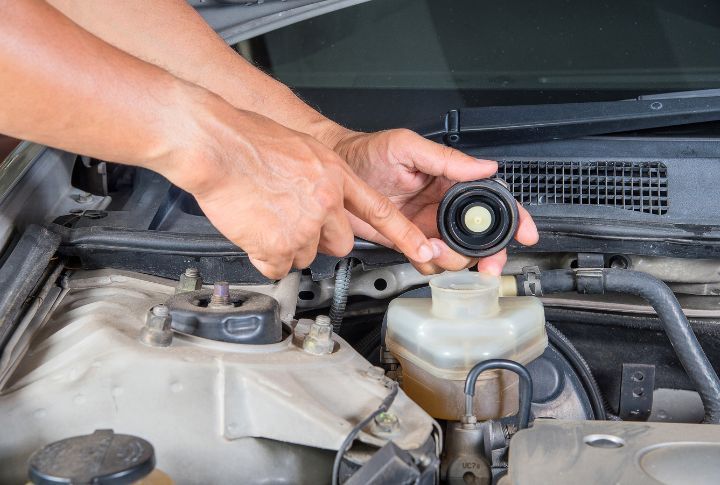
Beyond oil replacement, consider a holistic approach to preventive measures to preserve your car’s health and reliability. Regular inspections, fluid top-ups, and timely repairs address minor issues before they escalate, prolonging your machine’s lifespan and enhancing its overall delivery.

Comments
Loading…